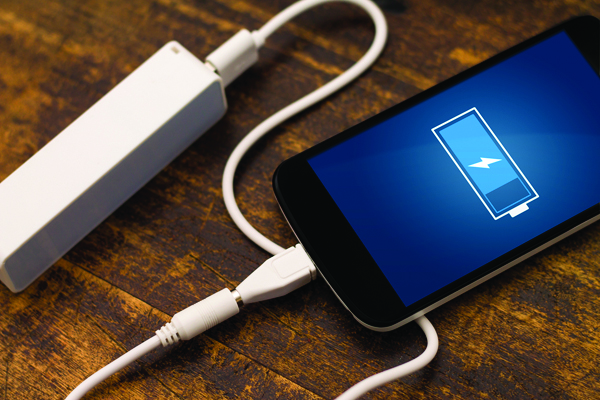If you’re anything like we are you will, somewhere within your home, be it in a box, a drawer or a cupboard own a vast array of USB cables. These cables will come from a variety of unknown sources for very specific purposes, but you always make sure you hang on to them- you’ll need them one day you rationalise. Perhaps not… The USB-C was created by the USB Implementers Forum, a group of companies that count tech behemoths such as Microsoft, Apple and Samsung amongst their ranks. The advent of the USB-C was meant to usher in a new era of device connectivity… one port for charging your devices, and data transfer (even for non-USB technologies such as VGA). In reality; how does this new connector for both data and power fare? What are the main advantages of this new cable? Reversability- fixing the small but irritating bugbear of putting your cable in the wrong way everytime, the USB-C works both ways up! High transfer speeds- in comparison to the traditional USB-A, it’s shiny new cousin can transfer data at up to 10 gigabits per second- over ten times the USB-A’s 60 megabits per second. Flexibility- devices that are not USB-C can still be connected to, such as VGA, DisplayPort and Ethernet via an adapter. Unfortunately, one major downside of the USB-C cable is the lack of consistency across the market, this issue is further compounded when bi-directional charging is thrown into the mix (charging your phone up from the USB port on your laptop for instance). This lack of adherence to USB-C guidelines can have very serious repercussions. a phone plugged into a computer through a USB-A to USB-C cable can draw too much power, and in turn fry your phone, USB port, or computer. A high price to pay for one sub-par cable. Whilst correctly made USB-C cables should contain resistors to prevent power surges and the destruction of your equipment, it can be difficult for customers to be certain of which cables will provide a safe charge for their devices. Enter cable crusader Benson Leung! Benson is a Google software engineer and USB-C vigilante; testing and reviewing one USB-C accessory at a time for the greater technological good. Not only does Benson praise USB-C cable manufacturers that produce sound and efficient accessories, he also calls out those who are not complying with proper USB-C guidelines and has even fried his (very expensive) Chromebook Pixel in the process of his quest. Amazingly, large manufacturers are taking notice of the cable crusader, with some owning up to and making changes to dangerous accessories, and some even putting “Benson Leung Approved” on cables that Benson has given the thumbs up. So, whilst the USB-C may be a possible powerful and efficient way of connecting all your devices with one single cable, it’s lack of standardisation and the possible damage caused by poor-quality cables could well be its downfall.
USB-C: The Future of Tech
The Upside
The Downside